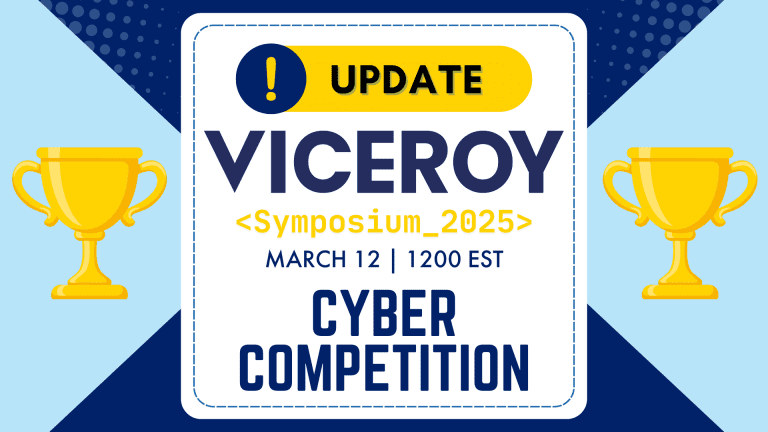Department of Defense workers as well as Washington State University and partner university students from throughout the Pacific Northwest recently participated in the VICEROY Northwest Institute for Cybersecurity Education and Research’s (CySER) summer workshop on the Pullman campus.
During the two-week event, participants attended presentations and discussion sessions on cybersecurity and operations from a variety of CySER faculty and students and VICEROY program representatives. Among the topics covered were generative AI and its connection with cybersecurity; management and security of legacy computer systems; anomaly detection; graph mining for threat detection; and cybersecurity in power grids and industrial control systems. The workshop also featured field trips to Pacific Northwest National Laboratory in Richland, Schweitzer Engineering Laboratories (SEL) in Pullman, and Fairchild Air Force Base near Spokane.
A research showcase and certificate ceremony were held to recognize CySER program participants, including a video message from US Representative Derek Kilmer congratulating the graduates for their efforts.
The CySER Institute came about as a result of a $1.5 million grant from the Department of Defense’s Virtual Institutes for Cyber and Electromagnetic Spectrum Research and Employ (VICEROY) Program in 2021. The program established a cyberoperations research and teaching center at WSU, one of the first three funded in the United States. The program trains ROTC and DOD-skilled civilian workers in computer science and other majors in cyber basics, operations, or defense, offering bachelor’s degrees as well as specialized certificates. Participating students receive training that integrates cybersecurity research and education with professional skills in teamwork, communication, leadership, and lifelong learning. The CySER Institute is a WSU-led consortium including partners from Montana State University, the University of Idaho, Columbia Basin College, and Central Washington University. The VICEROY project is managed by the Griffiss Institute.
Washington State University Students Experience Real-World Learning In Cybersecurity
- Repost

